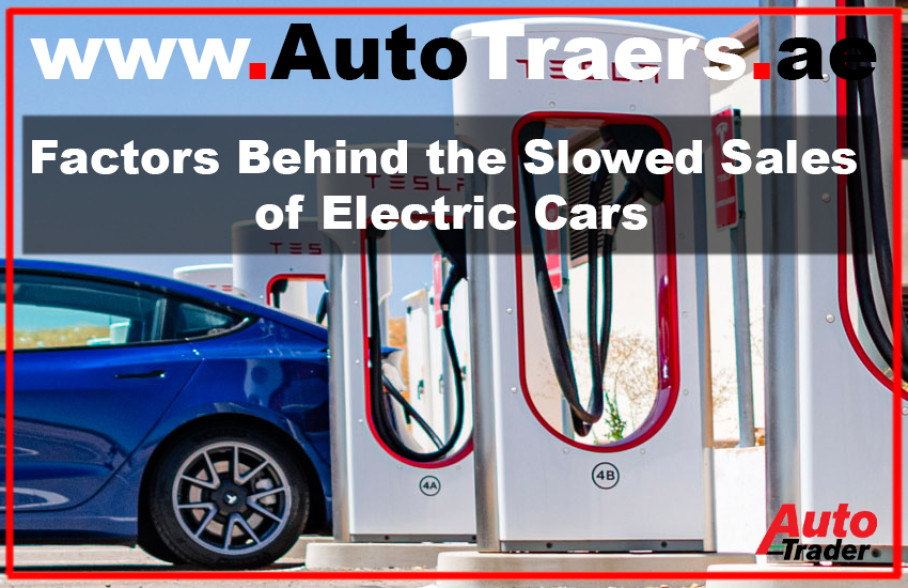In recent years the automotive industry has witnessed surge in the development and adoption of electric cars , promising greener and more sustainable future. despite the initial enthusiasm, there has been noticeable slowdown in electric cars sales. let go into the factors contributing to this dip and explore the challenges faced by the electric cars market.
One of the primary challenges hindering the widespread adoption of electric cars is the concern surrounding charging infrastructure. While significant progress has been made, many regions still lack extensive and accessible charging network. The fear of running out of battery without convenient charging point nearby remains deterrent for potential EV buyers.
Range anxiety the fear of EV running out of charge before reaching the destination, continues to be significant barrier to adoption. Despite advancements in battery technology, some consumers are hesitant to make the switch, fearing limitations on their travel distances.
Although the long term operational costs of EVs are generally lower than traditional vehicles, the upfront purchase price remains challenge for many consumers. The initial cost of electric vehicles, especially those with advanced features and longer ranges, can be deterrent for budget conscious buyers.
While the number of electric cars models on the market is increasing the variety is still limited compared to traditional petrol powered cars, Consumers may find it challenging to find the right EV that fits their specific needs in terms of size and style and functionality.
Despite the growing awareness of environmental issues, some consumers still lack comprehensive understanding of the benefits of electric vehicles. Educating the public about the positive environmental impact and cost savings and technological advancements of EVs is crucial for boosting adoption rates.
In many regions, government incentives play crucial role in encouraging electric cars adoption. When these incentives are reduced or phased out, it can lead to decline in sales. The sustainability of the electric vehicle market relies not only on government support but also on creating intrinsic value for consumers.
Advancements in battery technology are pivotal for the success of electric vehicles. The industry is constantly working to improve battery efficiency and lifespan and charging times, until breakthroughs are made concerns about battery performance and replacement costs may persist.
While the electric cars market has shown tremendous promise, various challenges are contributing to the recent slowdown in sales. Addressing these challenges will require a collaborative effort from automakers and governments and the broader industry. As technology continues to evolve and infrastructure improves, the electric vehicle landscape is poised for resurgence. The future of sustainable transportation relies on overcoming these hurdles and creating environment where electric vehicles become the natural choice for consumers worldwide.

